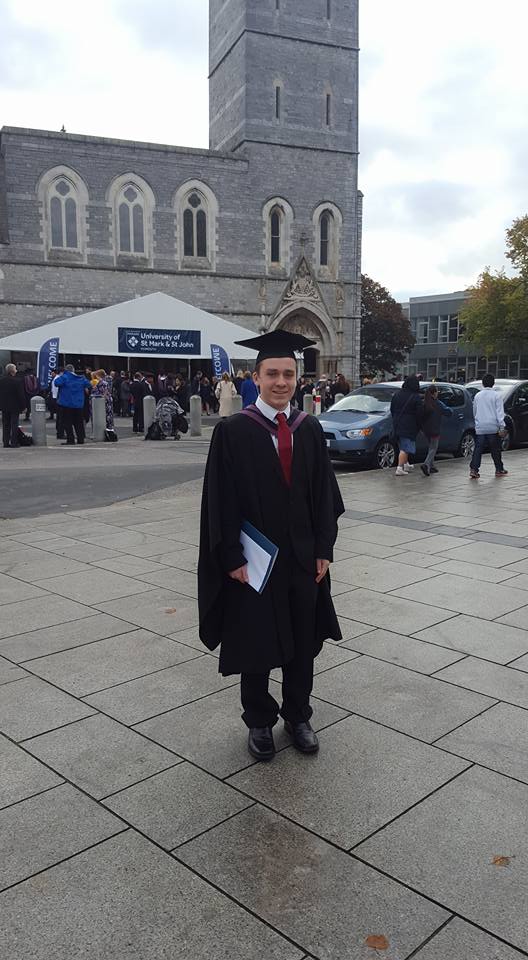Our world is surrounded by works of fiction which are meant to be a portrayal of, or a commentary on reality, but the opposite often tends to be true. As people, we model ourselves based around the characters we see and are inspired by. I believe I’ve explored the damaging effects of this on the blog before. But a few weeks ago, I watched a series which enhanced my views on the differences between characters and people:
Skins.
More specifically, Skins series 7, and contextually, series 1-4 before it. Skins, for those of you who don’t know, is a British drama focused on college students (age 17/18) and their lives. It’s a show that certainly doesn’t shy away from the crass and apathetic attitudes of some groups of students studying today, and because of this, excels at some brilliant characterisation. (I do have some criticisms about the plausibility of particular events in some episodes, but I’m not here to do a detailed review.) The show’s first two seasons revolve around a different group of friends than the next two seasons (and subsequent fifth and sixth seasons which I skipped). What’s really interesting, though, is season 7, which is a compilation of three two-part episodes focusing on three of the different characters from the first four seasons, and showing where they are years later in their lives when they’ve matured into adults.
Season 7 of Skins has an advantage over so many other works of fiction, in that it has an established selection of characters to re-mould as they wish and throw into a fresh, unrelated story. The viewer is aware of their past and the dramas that unfolded within, but these events do not have the disadvantage of existing solely to affect the character’s motives within the current narrative. This, then, is what makes season 7 of Skins such an interesting collection of stories to me. It’s so much more realistic. For instance, I, as a 21 year old, am considerably different to me as a 16 year old. When I enter into a moment of change and event in my life, I’m not going to suddenly find that events that mattered so much to me as a 16 year old are actively shaping how I act now, with flashbacks and heart-to-hearts with others about what happened back then. And that’s exactly how exposition typically works in fiction. A character’s past is crafted to suit the present, and that’s a design that separates the fictitious from the real.
To put what I just said into an example (without giving spoilers): People die in Skins. Not many. Not an unrealistic amount. But they do. And the characters, in the first four seasons, are understandably and irrevocably changed by this. It is a tragedy which has happened recently in their lives, and they are coping with it, and are surrounded by others who are too. But a few years later, they’re surrounded by different people, they’ve matured, new things have happened, and whilst they’ve still been shaped by their past, it would now be odd to drag up the past to fit into their current situation. The name of a character who dies isn’t brought up by a season 7 protagonist who was, when last we saw them, heavily affected by this, and the viewer can feel this absence of closure as they watch this new, unrelated story. But it adds so much more to the protagonist as a character to have this irrelevant, yet deeply character building past.
And finally, to touch on my remark at the start of this post: We are not the fictional characters we admire. Our pasts do not stay continually relevant to our current situations, and indeed, making sure that this isn’t the case is integral to our development as constantly learning human beings. And season 7 of Skins was, to me, a sombre reminder that just because the person in front of you is together and not in the middle of some life-shaping event, it doesn’t mean that they weren’t in a completely different place just a few scant years ago. Everybody has a story, but not everybody feels the need to tell it over and over.
